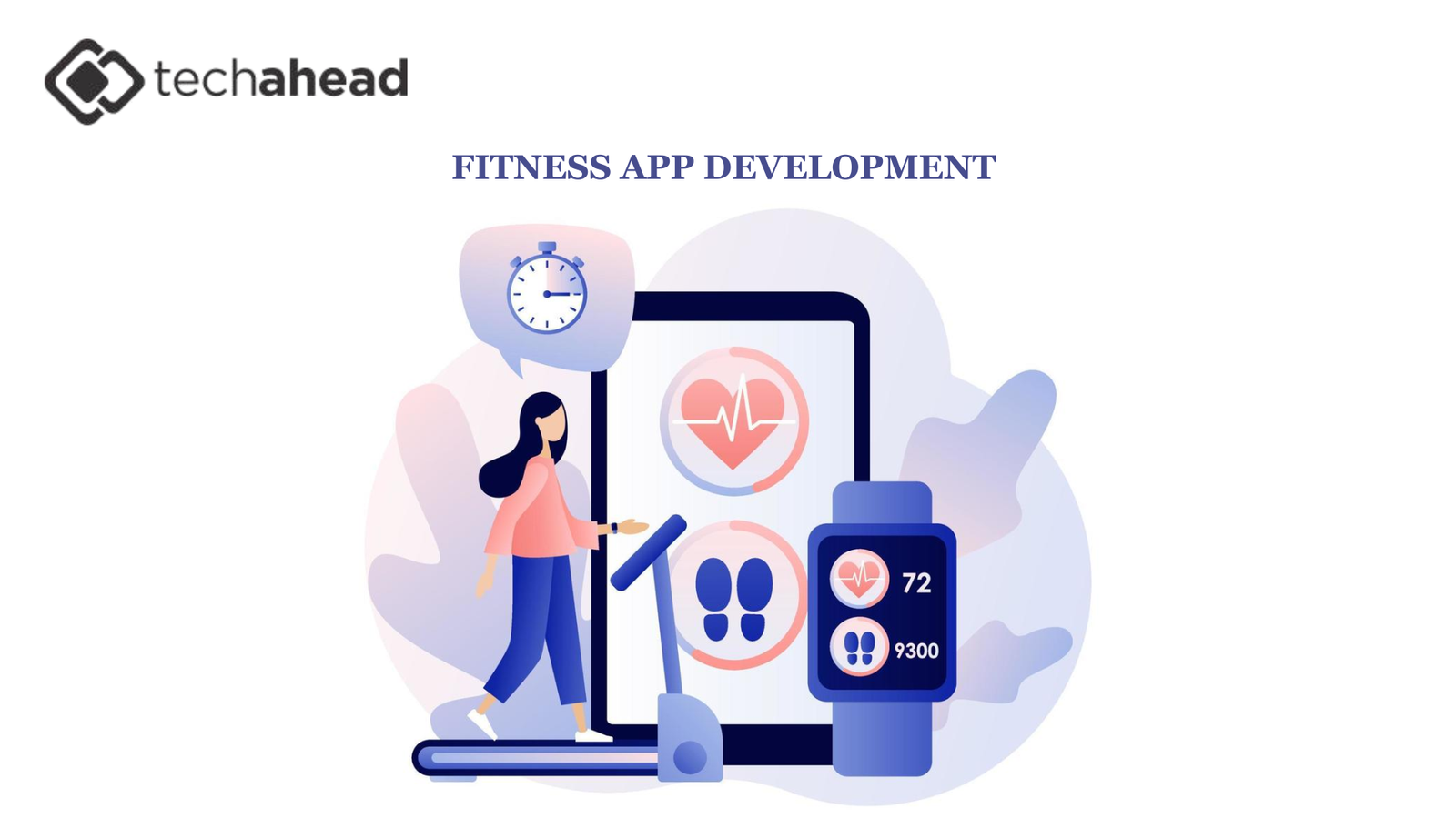In a time when health consciousness is booming and smartphones are central to our lives, the demand for intelligent, impactful fitness applications has surged. Users are no longer satisfied with apps that merely count steps or offer random workouts they seek personalized experiences, real-time feedback, and educational resources to guide their fitness journeys.
To meet these evolving expectations, forward-thinking fitness app development company are redefining their offerings by integrating Elearning app development services. The result is a new class of fitness applications that combine physical training with digital education, providing users not just with tools to move but the knowledge to move better, eat smarter, and live healthier.
The New Era of Fitness: More Than Just Workouts
Fitness apps have undergone a major evolution in the past few years. What started as simple workout logs and step counters has now transformed into AI-powered, highly personalized fitness ecosystems. Today’s users want apps that serve as a personal trainer, nutritionist, and health coach—all in one.
But here’s what’s fueling the next level of innovation: education. More users want to understand their health—how to train properly, what to eat, why sleep matters, and how stress affects performance. That’s where Elearning app development services come into play.
By embedding structured learning modules into fitness platforms, a fitness app development company can deliver a holistic experience that’s both actionable and informative.
The Power of Integrating Elearning in Fitness Apps
Let’s break down how Elearning solutions are adding real value to fitness apps:
1. Knowledge-Driven Motivation
Educating users about muscle anatomy, energy systems, or training cycles increases their commitment and reduces the risk of dropout.
2. Structured Learning Paths
Apps can offer beginner, intermediate, and advanced lessons that align with the user’s fitness journey—keeping them engaged and progressing.
3. Diverse Educational Content
Incorporate video tutorials, PDF guides, audio lessons, quizzes, and interactive learning into the fitness app’s core features.
4. Personalized Course Recommendations
Using behavior analytics, apps can recommend learning modules based on the user’s workout patterns, goals, and interests.
5. Monetized Learning Add-ons
Users can unlock premium content, such as certified nutrition courses or advanced mobility programs, offering new revenue streams.
Features to Expect in a Smart Fitness App with Elearning Integration
When built by an expert fitness app development company, a next-gen fitness app might include:
- Live and Recorded Classes: With added educational commentary and follow-along resources.
- In-App Courses: On fitness science, injury prevention, healthy eating, and mindfulness.
- Progress Dashboards: For both physical performance and learning achievements.
- Custom LMS Integration: A seamless backend powered by Elearning app development services to manage and update learning content.
- Push Notifications for Learning: Daily learning tips, workout science facts, and wellness reminders.
This combination turns a standard app into a comprehensive wellness platform.
Business Benefits: Why Blending Fitness with Learning Is a Smart Move
For startups and enterprises planning to enter or scale in the wellness tech space, integrating Elearning is more than a feature it’s a competitive edge.
1. Longer User Retention
Educational content keeps users engaged even when they’re not working out.
2. Increased Monetization
Offer subscriptions not just for workouts, but for premium courses, expert Q&As, and certification programs.
3. Higher User Lifetime Value
The deeper the engagement, the higher the user LTV. Learning journeys lead to emotional and intellectual connection.
4. Brand Authority
Apps that teach build trust. Users are more likely to recommend platforms that help them grow, not just sweat.
This is why many industry leaders are choosing to work with a seasoned fitness app development company that understands the value of integrated Elearning app development services.
Real-World Examples of Fitness + Elearning Platforms
Several top apps are already proving the power of this hybrid approach:
- Freeletics: Offers AI-driven fitness plans and educational blog content around performance psychology and nutrition.
- Peloton: Goes beyond cycling to offer in-depth knowledge on training techniques, mindset, and recovery.
- Future: Pairs users with coaches and educational feedback based on performance data and lifestyle habits.
All of these platforms excel because they use education as a tool to drive long-term engagement and transformation.
Why You Need the Right Development Team
To build a hybrid platform that seamlessly blends fitness features with learning content, you need more than a regular app development vendor. You need a team with cross-domain expertise.
An ideal partner should offer:
- Mobile and Web Expertise: Your app must work across all devices and screen sizes.
- Experience in Learning Management Systems (LMS): The ability to build structured educational systems within apps.
- UI/UX for Engagement: Designs that make learning intuitive, engaging, and addictive.
- Health Compliance: If your app touches on medical or dietary advice, compliance with HIPAA, GDPR, or local laws is essential.
- Content Management Capabilities: Admins should be able to update courses or modules without developer help.
This is where working with a full-service fitness app development company that also specializes in Elearning app development services becomes crucial.
Trends to Watch: The Future of Fit-Ed Apps
As technology advances, we’ll continue to see innovation at the intersection of fitness and learning. Here are a few emerging trends:
- Voice-Activated Learning Coaches
Use AI-powered voice assistants to guide both workouts and learning modules. - Augmented Reality Learning
Visualize exercises or body mechanics through AR overlays during training sessions. - Wearable Device Integration
Syncing smartwatches or fitness trackers to deliver personalized insights and learning triggers. - Community-Based Learning
Social forums or live classes where users can learn together, share insights, and build accountability. - Mental Health Education
Beyond workouts, apps will offer lessons in emotional resilience, sleep optimization, and stress management.
The next generation of fitness apps will educate, empower, and elevate—and it starts with aligning your development strategy to reflect this shift.
Conclusion
In today’s crowded wellness market, the apps that stand out are those that deliver value beyond the workout. A fitness app that also teaches users about their bodies, minds, and habits becomes not just a product but a partner in their lifestyle.
By combining the power of a forward-thinking fitness app development company with expert Elearning app development services, businesses can create apps that are informative, engaging, and future-ready. Whether you’re a startup, coach, or wellness brand, now is the time to think bigger—build smarter, educate consistently, and inspire deeply.






Leave a Reply